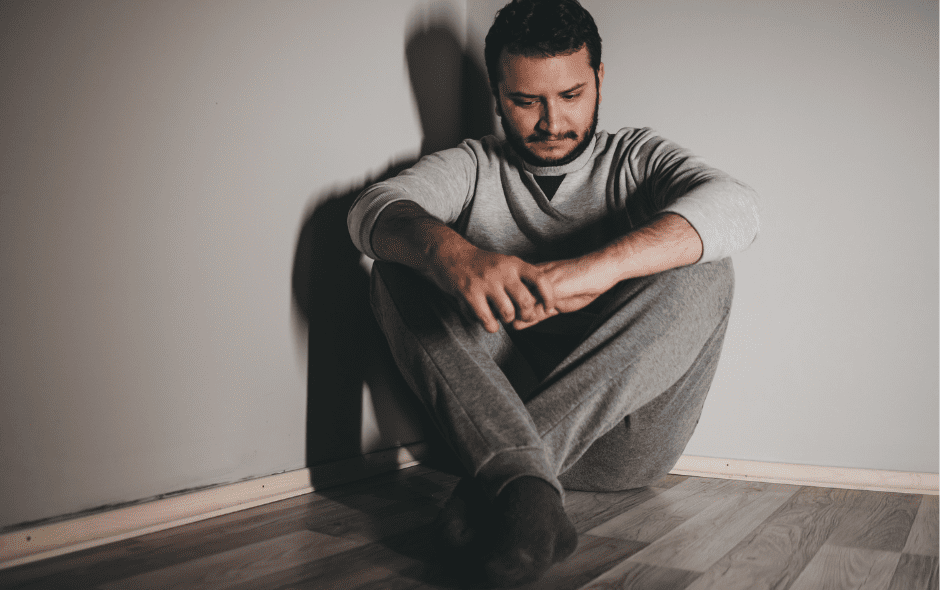Sometimes people say they are depressed when they really are just unhappy or disappointed about a situation.
This is not always helpful to those who experience depression, which is entirely different.
What is depression?
Depression can take on many forms. When you google depression, you find descriptions of feelings of extreme hopelessness, losing interest in all the things you used to enjoy, struggling to get out of bed, struggling to motivate yourself, experiencing extreme symptoms of anxiety, wanting to cry all the time and often neglecting yourself.
This is certainly true for many people experiencing depression.
It’s not something you can ‘snap out’ of, and isn’t always linked to specific events, although a traumatic life event, such as a childhood trauma, bereavement or a relationship breakdown can trigger long periods of depression.
If you are affected by depression, you almost always need professional help.
There is no timeline on depression, everyone is different, and it takes as long as it takes to feel better, or at least put effective coping mechanisms into place and learn to live with it.
Some people live with depression all their life.
What is the link between epilepsy and depression
Epilepsy can make depression more likely. Sometimes it can be triggered by seizure activity in the part of the brain which processes your emotions.
Sometimes it can be side effects of your anti-seizure medication.
Then there is living with a condition that makes you feel like your life is spinning out of control, never knowing when your next seizure happens, having to change your life, letting go of aims and aspirations because they may no longer be safe to do.
All this can be difficult to accept and can drag you down into episodes of depression.
A personal account
I spoke to a good friend of mine who has been affected by epilepsy and depression most of their life.
They describe it as a constant presence, like a person in your life who constantly wants to put you down, like that toxic person in a relationship who criticises you all the time.
For my friend, it’s a constant struggle keeping their head above water, keeping the depression at bay and locked away in a box.
Anything can trigger an acute period of depression though, which in the past even led to a suicide attempt.
They notice a clear link between their seizures and depression, the more seizures they have, the more the depression pops up again.
My friend is cautious about who they open up to about the depths of their depression and the profound effect it has on their daily life.
Conflicting feelings of guilt and not wanting to burden their loved ones with that on top of having uncontrolled epilepsy stops them from sharing too much of their daily struggles with depression, which sound utterly exhausting.
I am immensely in awe of my friend, their coping mechanisms and resilience to carry on regardless.
I can’t even begin to understand what life must be like being affected by the double whammy of epilepsy and depression, but many people reading this will know exactly what my friend is talking about.
Getting help
If you recognise yourself in the above description or can tick off some of the symptoms of depression, don’t wait until you feel unable to ask for help. Make an appointment with your GP or your epilepsy specialist nurse.
If you find that difficult just now, find someone you can trust and start talking. It can be easier to talk to someone who has no emotional connection to you. Someone who is just there for you and won’t judge you.
That could be a helpline, such as our anonymous and confidential Epilepsy Scotland Helpline on 0808 800 2200.
Other helplines you might find useful are:
- Breathing Space on 0800 83 85 87
- Samaritans on 116 123
Whatever you do, don’t be alone. Please ask for help.
We have launched Scotland’s first-ever national survey seeking to understand the effect epilepsy can have on the mental health of someone who has the neurological condition. To complete the survey, please click here.




